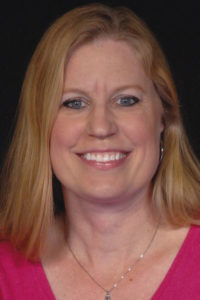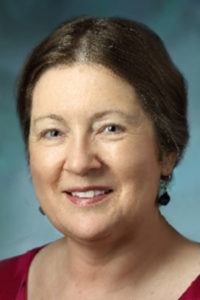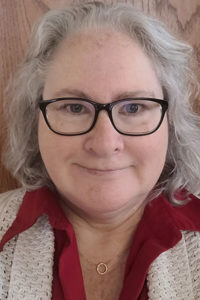
Diabetes self-management education and support (DSMES) is an essential ingredient for successful diabetes care. So are the certified diabetes care and education specialists (CDCES) who deliver DSMES and other diabetes education and care services to support diabetes patients and their care teams. Recent updates have boosted the recognition and uptake of both programs.
The National Standards for DSMES have been revised for the first time since 2017 to create more streamlined and manageable program requirements and processes.
“DSMES standards tend to be revised every five years and one of the big things we have heard is the previous standards were cumbersome and burdensome with too much paperwork,” said Amy Hess-Fischl, MS, RDN, LDN, BC-ADM, CDCES, Advanced Practice Dietitian, Diabetes Educator, and Coordinator at the University of Chicago Kovler Diabetes Center, chair of the ADA Education Recognition Program Committee, and co-chair of the 2022 National Standards revision.

“We went from 10 standards in 2017 to six standards this year,” she continued. “DSMES should be a standard of care, yet only between 5% and 6.8% of people with diabetes covered by commercial payers or CMS (Centers for Medicare and Medicaid Services) are getting DSMES. We have to flip the switch to make it more accessible, more understandable, and more useable for both clinicians and for people with diabetes.”
Hess-Fischl and Michelle F. Magee, MD, MB, BCh, LRCPSI, Director of the MedStar Research Institute and Professor of Medicine at Georgetown University School of Medicine, will review the revised standards during the symposium National Standards for DSMES—Revised and New for 2022! The one-hour session begins at 1:45 p.m. CT Saturday, June 4, in Room 343 at the Convention Center.
“One of the important changes is the combination of two prior standards for the quality coordinator and the DSMES team under one section,” Dr. Magee said. “Often, a single team member serves as quality coordinator and also as a diabetes care and education specialist. We wanted to reflect the importance of the team as a whole working with the person with diabetes to improve their outcomes.”
No discussion of DSMES is complete without the CDCES providers who transform the program into action. The Certification Board for Diabetes Care and Education (CBDCE), which has been certifying health care professionals providing diabetes care and education since 1986, has updated its own certification program to reflect the specialty’s change from diabetes educators to diabetes care and education specialists. With that 2020 change, the certified diabetes educator transitioned to certified diabetes care and education specialist.

“We have made some adjustments related to eligibility related to the pandemic,” said CBDCE Chief Executive Officer Sheryl Traficano, MBA, CAE. “We want to be sure people know about the accommodations we have made, as well as the simplified online application, scholarship and mentorship programs, and live remote proctoring that allows candidates the option of taking the certification exam from your own desktop.”
Traficano and Becky Sulik, RDN, LD, CDCES, Director of Education at the Rocky Mountain Diabetes Center and chair of the CBDCE Board of Directors, will outline the revised certification program during the symposium Diabetes Excellence—The Gold Standard for Education Services Recognition and Education Specialist Certification National Standards for Diabetes Self-Management Education & Support—2022—Certified Diabetes Care & Education Specialist (CDCES) Certification. The one-hour symposium will follow the DSMES symposium in Room 343 at 2:45 p.m. CT.

“Working in an accredited DSMES program allows us to be paid by private and public insurers, which is important,” Sulik said. “But more importantly, it allows us to prove that we meet the highest national quality standards, and that people with diabetes can trust us to get the best information and support.”
Having that CDCES certification is just as important. It signals to providers, other members of the health care team, and diabetes patients that they are working with someone who has voluntarily gone through a rigorous process to verify their knowledge and skills related to diabetes care and education.
Diabetes patients are bombarded by information, but it’s often difficult to determine if the information is reliable and safe.
“I’ve seen evidence from patients I work with who have gotten poor information and put their health at risk as a result,” Sulik said. “The CDCES credential demonstrates that you have chosen to specialize in diabetes care and education and are a knowledgeable professional. We can help physicians and other prescribers improve the overall quality of care and bring better outcomes for people with diabetes. Working with certified providers in an accredited program is a win-win for everyone.”
[sub-post-content]